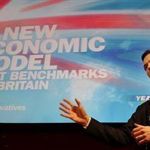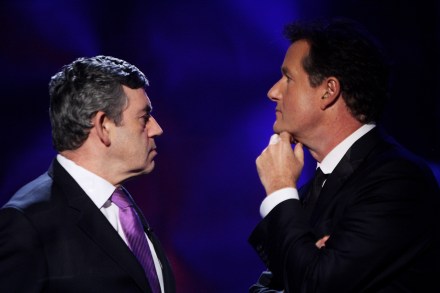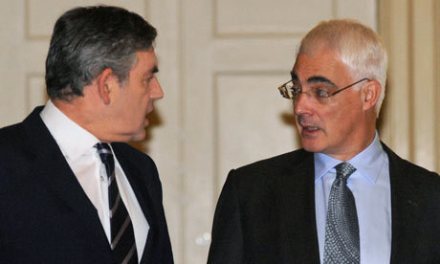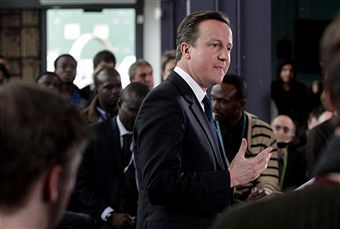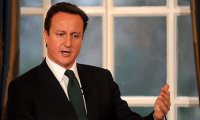Why is Charlie Whelan allowed into Portcullis House unaccompanied?
The parliamentary pass system is supposed to be strictly adhered to in order to stop lobbyists and interest groups getting undue access to politicians (indeed I recently received a slap on the wrist for not updating the journalists’ register of interests immediately after I left the New Statesman. And quite right too). Guests of passholders are supposed to be accompanied at all times. So I was surprised to see drunken thug Charlie Whelan, the Prime Minister’s mockney fixer, wandering around Portcullis House unaccompanied yesterday. Perhaps he had simply slipped his minder. But I would be interested to know how he qualifies for a pass as a trade union official. One Labour



